Unlocking Diversity: A Practical Guide
Diversity matters. According to Deloitte, employees who feel their company is supportive of diversity and feel included, report an increase in their ability to innovate by up to 83%.
But when it comes to equity, diversity and inclusion initiatives, it’s clear that organisations must go beyond just window-dressing to be genuinely successful. If your employees consider EDI a performative “virtue signalling” exercise rather than a meaningful attempt to diversify your company, then EDI initiatives can do more harm than good.
If company values appear to be empty words just for show, why would employees feel a sense of loyalty or commitment and, ultimately, a sense of belonging?
The Cost of Conflict
A well-executed EDI programme will equip everyone in an organisation, especially managers, to handle complex and potentially inflammatory situations that frequently arise in the workplace. It could be a bit of sharp banter that didn't land well. It could be a micro-aggression that someone didn't mean, but it harmed a colleague, or it could be a more severe case of bullying and harassment. Many managers cannot distinguish the difference and, therefore, cannot respond appropriately and prevent situations from escalating.
“It is estimated that nearly half a million (485,000) employees resign each year due to workplace conflict”.
A study published in 2021 reported that workplace conflict costs UK employers £28.5bn and is forecast to increase as remote working makes disputes between staff harder to manage. Staff turnover is the most significant expense to employers, with the total cost of ending employment relationships – either through resignation or dismissal – and replacing employees amounting to £2.6bn a year.
The study found 874,000 employees annually took sickness absences due to conflict, costing organisations around £2.2bn. Formal processes also increased costs, mainly when a conflict led to resignation or dismissal. The report said there were 1.7 million formal disciplinary cases in UK organisations annually, including 374,760 grievances. On average, each of these grievances costs £1,000 in management time and, in total, formal procedures, including grievances, disciplinary cases and disciplinary dismissals, cost businesses £12.8bn annually.
The Importance of Educating Managers
So, how can organisations make a positive step towards a workable and effective approach? Heeral Gudka, EDI expert and founder of the Convergent consultancy, believes the commercial imperative of EDI lies in educating managers to respond appropriately to any situation that may arise. “In seeking to build genuinely diverse teams, we accept inviting people with diverse perspectives to work alongside each other. It is impossible to create environments where micro-aggressions and grievances do not occur, but we can educate employees and leaders about the nature of these situations. With better awareness, conflict can be better defused with the least damage to those involved and less cost to the business.
Celebrating difference
Where companies have not invested in an appropriately trained HR team, nor have they invested in EDI training, they leave themselves exposed. Learning the protected characteristics of EDI is a great start, but the most critical work involves helping staff learn how to appreciate and celebrate differences as well as learning how to communicate in a non-confrontational way.
Doing this work does not mean incidents of bullying or harassment will never arise again; it does mean that your people will be better equipped to deal with it because not every single incident of poor behaviour needs to be dealt with as a grievance immediately.
Thrive partners with Heeral Gudka, EDI expert and Founder of Convergent.
